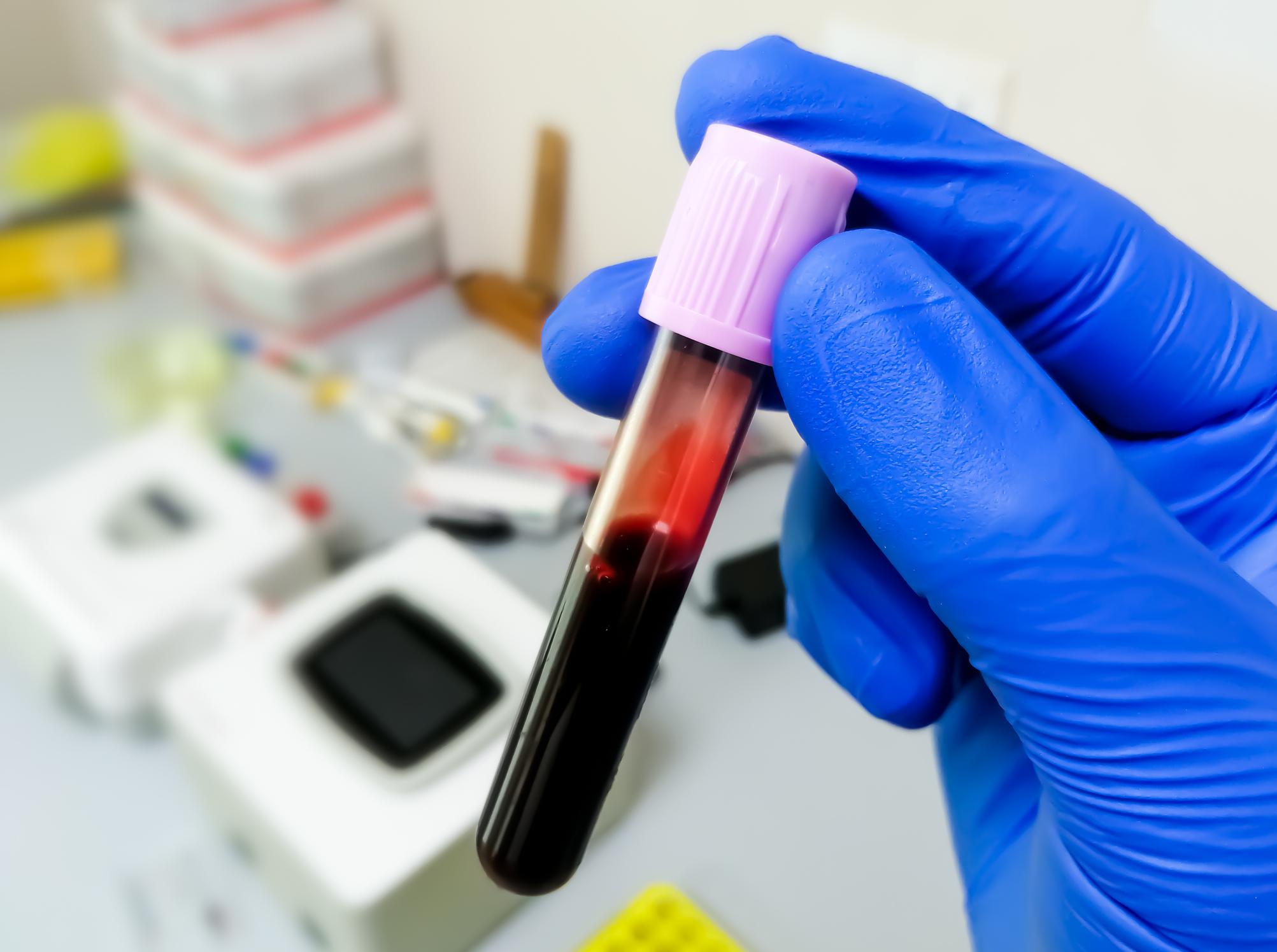Researchers have developed a blood test that can detect silent cancers early.

- Some cancers do not cause any symptoms until an advanced stage. They are therefore taken care of late.
- A scientific team has developed a new blood test to detect silent cancers.
- This blood test delivers a result in less than two hours.
Colorectal, ovarian, prostate cancer… These different cancers are called “silent”, meaning that they generally do not cause any symptoms until an advanced stage. To detect these cancerous pathologies early, an international team of researchers has developed a blood test capable of detecting the LINE-1-ORF1p protein in less than two hours. This work was published in the journal Cancer Discovery.
A new biomarker to detect silent cancers
From the onset of cancer disease, the LINE-1 protein produces the ORF1p protein at high levels. For a very long time, the scientific community has been trying to develop a sensitive and accurate test to detect ORF1p as early as possible and thus prevent cancer from spreading.
For the purposes of this research, the scientists used a single-molecule detection technology called Simoa. The Rockefeller Lab team participating in the study provided nanobodies, custom antibody fragments, derived and engineered from llamas, which served as ORF1p protein capture reagents and probes. sensitive to detect it.
An inexpensive and quick blood test
The team found that the blood test was able to highly accurately identify ORF1p in blood samples from patients with various cancers, particularly ovarian, gastroesophageal and colorectal cancers. In addition, this screening test is inexpensive and delivers results quickly.
“This test has revolutionary potential as an early detection test for deadly cancers (…) This type of ultrasensitive detection instruments is poised to decisively improve patient outcomes,” noted Michael P. Rout, director of the Rockefeller Laboratory. This new biomarker could also be used in monitoring cancers after treatment. The level of ORF1p protein in the patient’s blood should decrease when treatment is effective. To test this hypothesis, researchers studied 19 patients treated for gastroesophageal cancer. According to the results, ORF1p levels fell below the detection limit of the test in all 13 participants who responded to treatment.


















